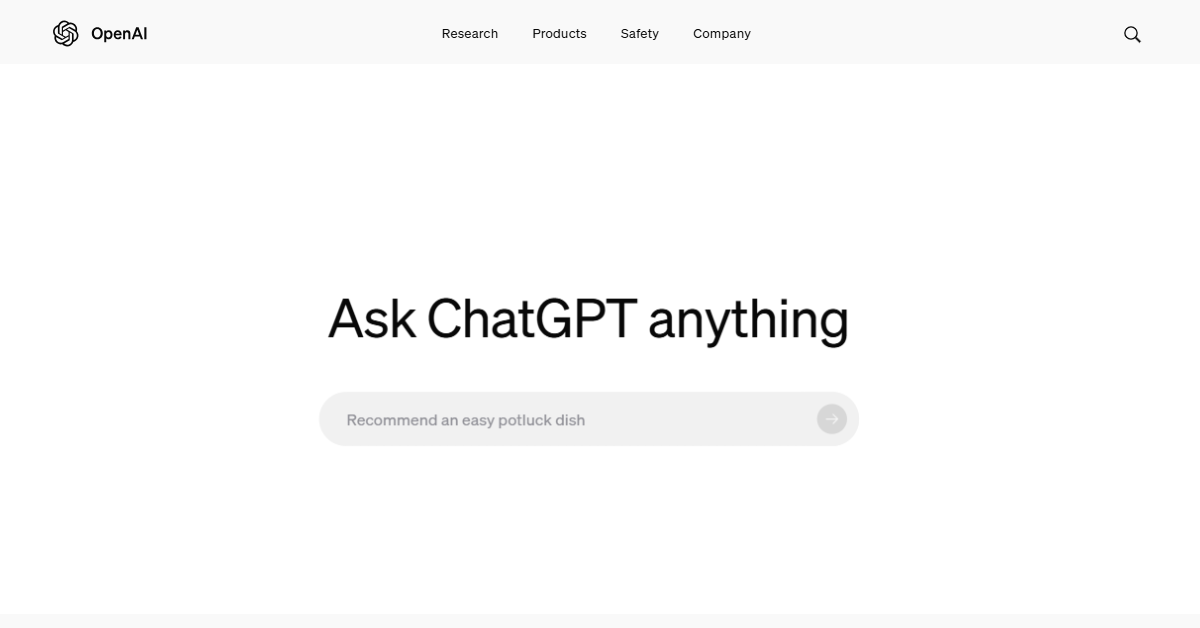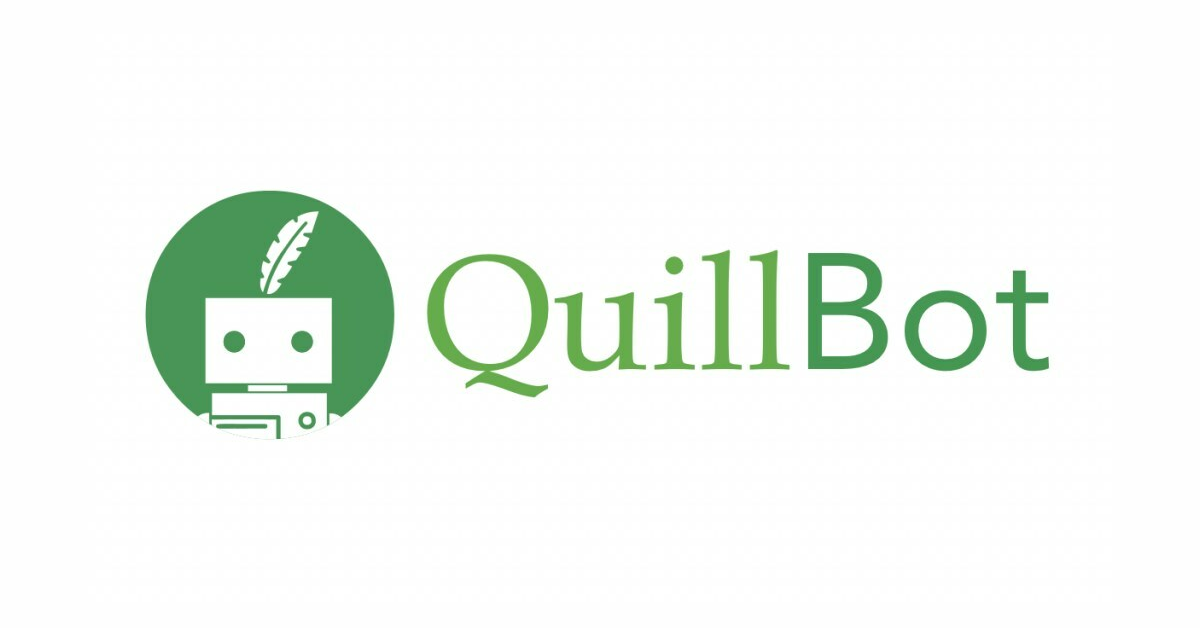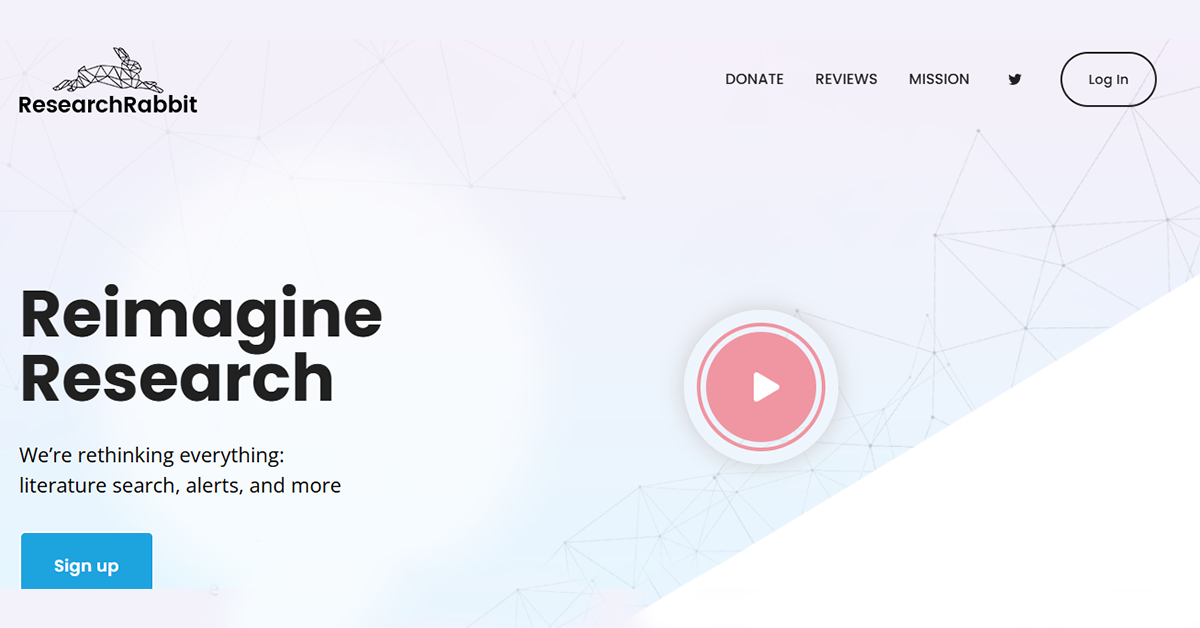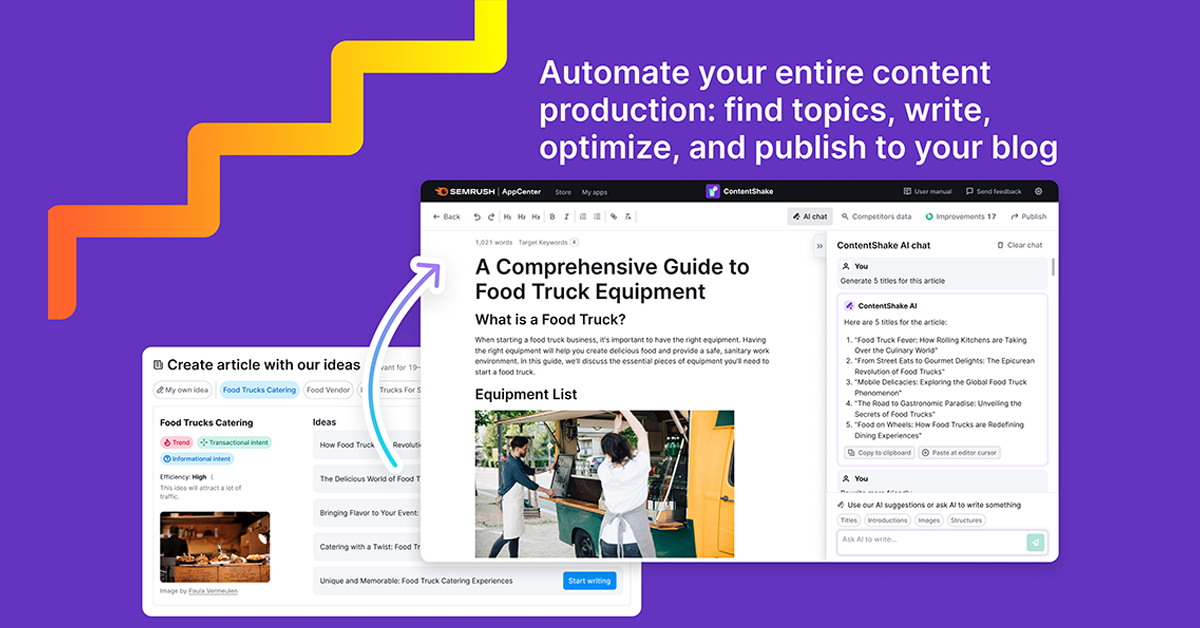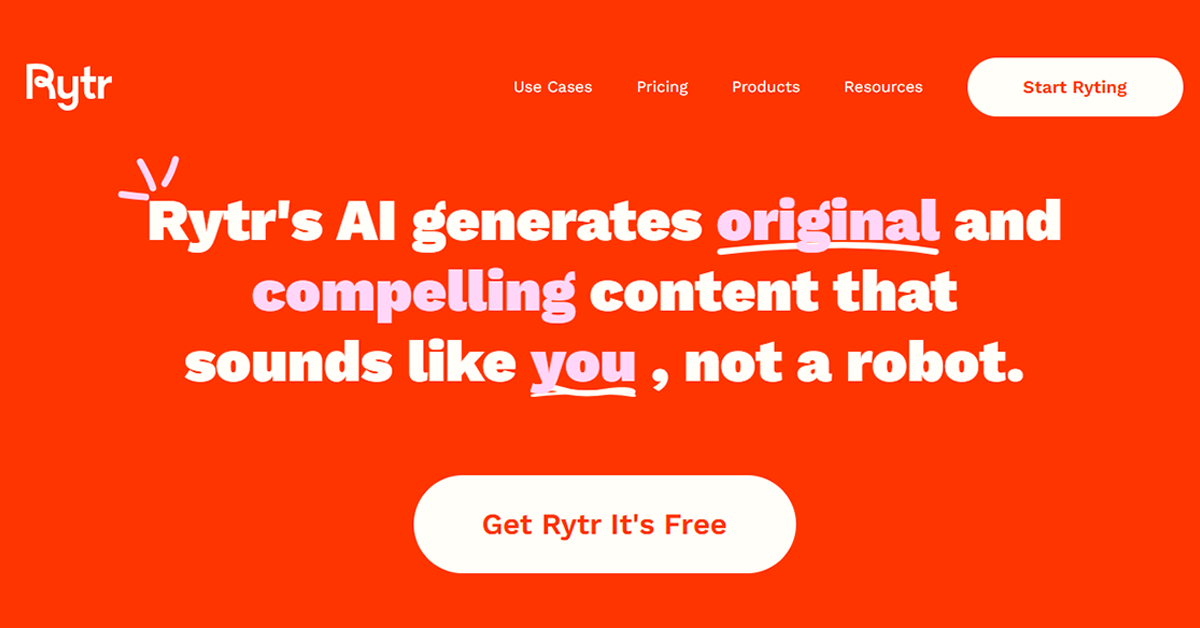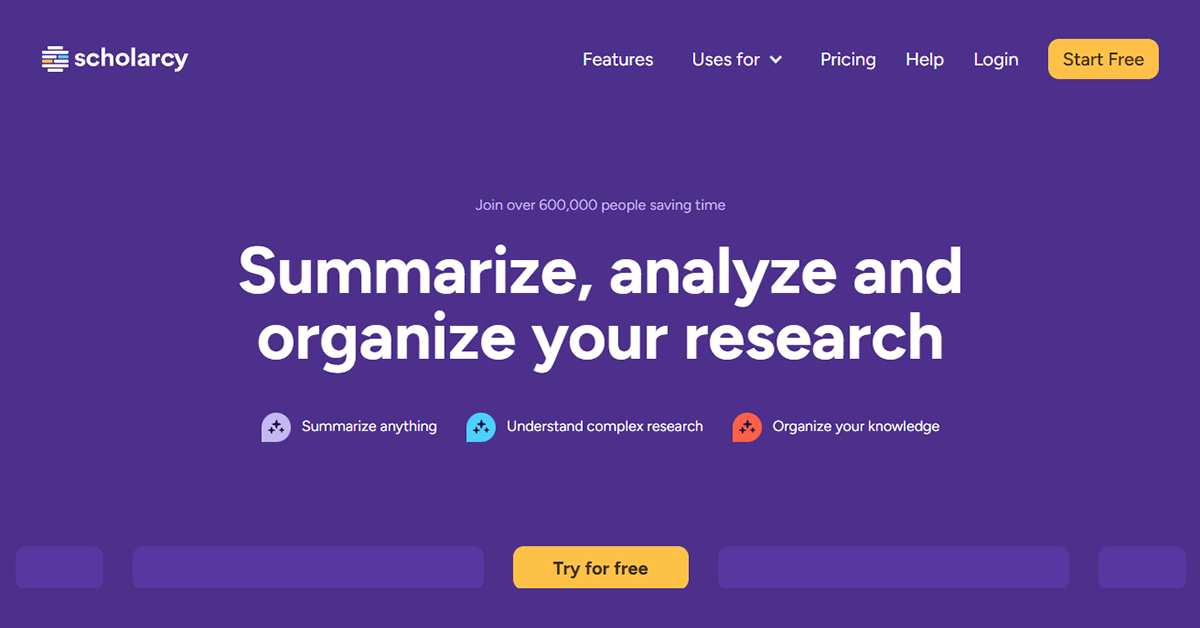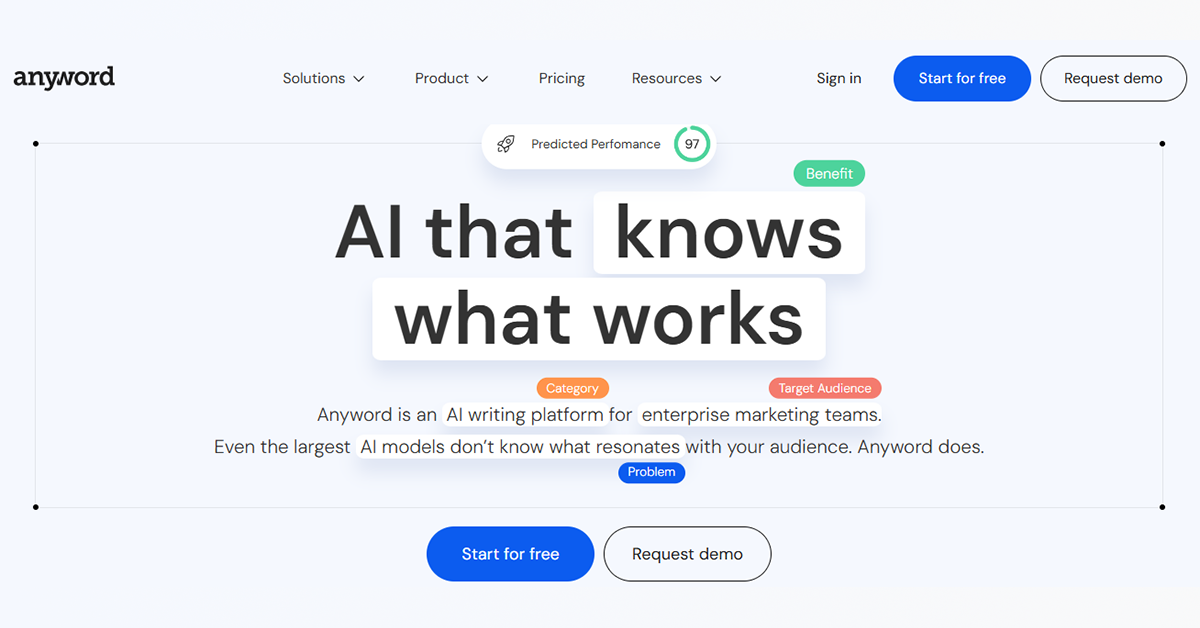
To create something new and interesting, academic writers spend a lot of time on study and analysis. Writing, editing, formatting, and analyzing material all slow down the pace of academic writing. Researchers have more time to do creative work now that repetitive procedures in academic writing are automated. This speeds up academic writing.
A Statista research from 2025 says that the worldwide market for AI writing assistants will reach $1.8 billion by 2025. This is because more and more people need academic and professional writing to be accurate and efficient.
Fortunately, the top AI companies have created AI tools that enable academic writers and researchers to produce high-quality material and get aid with a variety of tasks. It helps keep academic writing honest and trustworthy.
The benefits of AI tools for academic writers are immense.
- Getting feedback in real time helps you create good content.
- Full of tools for checking grammar and plagiarism.
- Getting insights from big datasets.
- Automating activities that are done again and again to speed up writing.
- Look at and raise the content readability score.
- Help follow rigorous rules for formatting.
- Let you keep up-to-date on the newest words that interest the reader.
These fascinating benefits of AI tools in academic writing will definitely make you want to use AI. The top 10 AI tools on this list are mostly utilized in academic writing to help with various parts of the writing process. Check out the AI technologies that work with human knowledge to help with academic writing.
Table of Contents
- Top 10 Artificial Intelligence Tools in Academic Writing and Research
- Best AI Tool for Each Academic Need
- Comparison of 10 best AI tools for clear academic writing in 2025
- 1. Grammarly—Best for Grammar & Style
- 2. QuillBot—Best for Paraphrasing & Summarizing
- 3. Jenni AI—Best for Research Writing
- 4. Scite.ai—Best for Smart Citations
- 5. Trinka AI—Best for Technical & Academic Writing
- 6. ProWritingAid—Best for In-Depth Editing
- 7. ZoteroBib—Best for Citation & Bibliography
- 8. Wordtune — Best for Sentence Refinement
- 9. DeepL Write—Best for Multilingual Writing
- 10. Elicit—Best for Research & Literature Review
- What are the best tips for academic writing?
- What are the tools for effective writing?
- AI Software Platforms
Top 10 Artificial Intelligence Tools in Academic Writing and Research
There are several AI programs for academic writing, and some of them may contain the functionality you need. Take your time with each AI tool; this will help you figure out which one is ideal for your academic writing demands.
ChatGPT
The transformer-based deep learning algorithm and pretrained language model that make up ChatGPT are constructed on top of GPT-3.5 architecture. ChatGPT lets academic writers quickly look up information and analyze data to come up with new ideas and write about them. It can assist with making and fixing code, as well as giving you additional knowledge about new APIs. You can get answers to challenging queries by either typing them out or using voice commands.
Pros of ChatGPT
- The mobile version lets you obtain answers whenever and wherever you are.
- Help make charts or put together information.
- Give suggestions on how to make the uploaded picture better.
- Allow the creation of personalized pictures depending on the information given.
- Make and utilize custom GPTs with VIP access.
Cons of ChatGPT
- The free edition of ChatGPT restricts what you can do with it.
- The stuff that is produced lacks a human touch.
Use cases of ChatGPT
ChatGPT Edu is a customized version of ChatGPT made for schools. The University of Oxford, the Wharton School of the University of Pennsylvania, the University of Texas at Austin, and Arizona State University all use it to do various things and make their operations run more smoothly.
Gemini
Gemini lets academic writers boost their creativity and productivity by letting them create, edit, and improve material using Google AI. They can also submit as many PDFs as they want. Processing photos, text, and other types of material is possible using docs or summaries. Gemini AI uses innovative technologies, including NLP, deep learning algorithms, and neural networks, to make searches more accurate and relevant for academic authors.
Pros of Gemini
- Gemini can provide you useful and correct information since it works with Google’s search functions.
- The ability to think logically and solve problems helps with hard questions.
- Works well with other Google products, so users can take advantage of all the Google ecosystem has to offer.
- Gemini Advanced lets you modify and execute Python code directly.
Cons of Gemini
- Gemini is an LLM model that might provide you false information.
- Not as versatile when it comes to making really unique text forms. Premium Gemini needs more computing power, which raises the cost of implementation.
Use cases of Gemini
Sixth Form College is the UK’s First Google Gemini AI Academy It helps students improve their skills based on what they can do, and it encourages teachers to use AI to make lessons more personal.
Quillbot
The whole writing solution helps you paraphrase, improve, and evaluate professional work from start to finish. With mobile optimization, authors will be able to use the writing assistance no matter where they are. Writing that is completely correct is using the right words quickly without losing quality. The AI tool uses natural language processing (NLP) and machine learning (ML) algorithms to analyze text and provide clever suggestions.
Pros of Quillbot
- Easily reword any amount of text.
- Eight ways to paraphrase make it possible to change material to an academic style.
- Help with making citations, summarizing, correcting grammar, and translating.
- The premium update lets you see the history of paraphrasing and check for plagiarism.
- AI detectors can tell whether the information seems robotic or not. As an add-on, Quillbot is straightforward to use.
Cons of Quillbot
- It’s not a content generator that requires producing new material for spin-offs. You have to manually paraphrase the material to make it appear human.
Use cases of Quillbot
Writers at the Cambridge institution, NUS (National University of Singapore), IIT Bombay (Indian Institute of Technology Bombay), the University of Illinois, and the British institution in Dubai use it as an extension for Chrome, Edge, and MS Word Add-in.
Grammarly
Grammarly does more than simply check spelling; it also gives you full advice for changing the tone of your work, setting your writing preferences, and avoiding plagiarism screening. The editing gem is a generative AI tool that helps you write interesting content that meets your commercial or personal objectives. Grammarly can help you write emails, generate content, paraphrase, make summaries, and rewrite paragraphs if you know how to write and what the context is. Grammarly’s algorithms employ NLP to provide recommendations that are based on the context.
Pros of Grammarly
- Automatic spelling correction makes writing go faster.
- Simple to change writing settings.
- Good for making outlines and changing the tone of your work.
- A competent plagiarism checker checks to discover whether academic work is copied.
- Words that are highlighted in color make it simpler.
Cons of Grammarly
- There’s a struggle with concision and clarity.
- Paywalled features of Grammarly are necessary to ensure flawless content delivery.
Use cases of Grammarly
The University of Texas at Austin teamed up with Grammarly to engage students in the classroom and allow staff to create detailed lesson plans meeting UT’s standards.
Jasper
With AI-assisted content creation from concept development to execution, Jasper lets consumers take advantage of powerful AI capabilities right now. Unique picture generation that matches the content in seconds makes academic writing better. The models don’t learn from data that users create, which keeps data security and privacy at the highest level. The Jasper team uses deep learning methods to train the tool with a lot of data and provide replies that make sense in context.
Pros of using Jasper
- Work with several formats to create extensive content, marketing copy, and more.
- Give comments or ideas on how to make the information better. Make information that is easy to read. The design is simple to use, so consumers can easily go through a lot of possibilities.
Cons of using Jasper
- Doesn’t have good critical thinking abilities; therefore, it might be wrong at times.
- Need someone to help make the material better. Individual authors have to pay a lot for premium upgrades.
Use cases of Jasper
Amplitude, Wayfair, Cushman & Wakefield, Morningstar, and Sentinel One have all used Jasper to improve their communication and research skills, which has given them an advantage over their competitors.
Research Rabbit
Research is a big aspect of academic writing that takes a long time. Research Rabbit is an AI-powered research helper that helps authors keep up with the most recent academic articles. Network of articles visualization makes it possible to do a lot of research on a single issue.
Pros of using Research rabbit
- Let authors contribute papers to the collection.
- Get an email when new papers are added to the collection you choose.
- Use graphs to show how the papers and co-authorships are connected.
- Work together on the collection by posting comments as someone begins research.
Cons of using ResearchRabbit
- When you look for a subject, you don’t always find all the necessary sources.
- Not compatible with certain citation styles and formats.
- Don’t know how to answer complicated questions, particularly in technical articles.
Use cases of research rabbit
The Research Rabbit tool helped academic authors from various institutions (names are kept secret) do better research by linking their study interests to publications that were related.
Content shake AI
The cognitive tool uses NLP technology to create text that is SEO-friendly with the right changes. Also, analyzing real-time information about competitors makes sure that the research paper gets the most attention. Direct interaction with CMS makes it easy to automatically publish authoring papers. Making catchy posts on social media helps spread material across numerous platforms.
Pros of using Content Shake AI
- Give ideas for what to write about in the next article or paper.
- Write writing that is both interesting and useful.
- Allow unlimited rewrites of each piece, along with editor recommendations.
- Personalized suggestions assist in enhancing SERP.
- Automation makes it easier to publish research articles.
Cons of using Content Shake AI
- Can’t use a premium analytical tool
- There is limited support for multiple users.
Use cases of Content Shake AI
Semrush’s ContentShakeAI technology helps hundreds of universities and colleges generate high-ranking material 12 times quicker. It also helps schools promote themselves better with few resources.
Rytr
The AI tool is trusted by over 80 million people to provide content for school, business, and marketing. Users may easily choose the language, tone, version, and amount of inventiveness they want, as well as a summary, to make interesting material. Rytr helps with more than just creative writing. It also helps with automated editing, making paragraphs, reducing sentences, making commands, inflating text, and checking grammar. Rytr’s AI writer leverages OpenAI’s GPT-3, powerful machine learning techniques, and natural language processing to create material that is correct depending on what the user says.
Pros of using Rytr
- Make material that seems more human in only a few seconds.
- Make as many characters as you like in 20 or more tones.
- Let people create content in more than 30 languages.
- Help you make more than 100 pictures using AI.
- Allow chat and email inside the app.
- Users may make their own use cases since they can see over 40 of them.
Cons of using Rytr
- Lacks depth of creativity and context understanding.
- Plagiarism concerns exist that require careful review and edits.
- Expensive when used in the long run.
Use cases of Rytr
- Ford, Dell, and PWC research professionals are utilizing Rytr tools and use cases to help them with their schoolwork.
- Writers can create good content anywhere using the Rytr Chrome add-on.
Scholarship
Before writing an academic paper, it’s important to go through relevant academic papers; however, it takes a long time to find the most important material. That’s where Scholarcy comes in. It’s a research paper summarizer tool that uses natural language processing and machine learning methods to swiftly provide you a full summary of research articles. It makes a summary with several parts, such as an abstract, a synopsis, summary flashcards, highlights, and more, that help people grasp the topic.
Pros of using Scholarcy
- Give background information on the study paper and point out difficult words.
- Let people download information references in RIS format.
- Let users extract relevant tables and figures as PDF files, and let them download them as Excel files.
- Make a short summary of the papers in a certain language and style.
- Chrome and Edge add-ons that are free.
- A Scholarcy library only for you to keep flashcards of all the papers you read.
Cons of using Scholarcy
- The customized summary doesn’t always get made. Only certain parts are copied and pasted.
- Each day, users may only see three research paper flashcards.
- To use advanced features, you must subscribe.
Use cases of Scholarcy
The University of Oxford, Harvard University, Stanford University, and Oxford Brookes University all utilize the trusted research assistant to save the time it takes to research and write scholarly papers by 70%.
Anyword
The nice-to-have writing helper makes content for headlines, goods, ad copies, social media descriptions, and introductions that are interesting. Pre-made templates that work with different types of material speed up the writing process. SEO-optimized original material is made using GPT-3 technology that makes sure it ranks well in search engines.
Pros of using Anyword
- There are a number of short-copy templates that are perfect for your writing work.
- The UI is straightforward to use and lets users easily find their way around and explore features.
- Help in making different kinds of content.
Cons of using Anyword
- Don’t make long-form material.
- There is no tool to check for plagiarism.
- Based on the findings of GPT-3 technology, it makes sentences that are the same over and over again.
- Few credits for the free trial.
Use cases for Anyword
Anyword is a copy intelligence solution that assists schools and universities by making it easy to analyze and improve text based on research. It works well with Chrome extensions.
Best AI Tool for Each Academic Need
Grammarly fixes grammatical mistakes, while Trinka makes the text seem more scholarly. QuillBot is great at putting complicated concepts into simpler words, while Scite checks that citations are correct. Scholarcy’s summary makes literature reviews easy, while Paperpal makes journal submissions better. ChatGPT-5 helps with writing drafts, Jenni AI offers how to write in an academic way, and Writefull makes the flow of a text better. ProWritingAid does a deep examination of style, and combined, they provide the best AI toolset for researchers who want to get their work suitable for publication.
- Best for Grammar & Style: Grammarly or Trinka
- Best for Paraphrasing: QuillBot
- Best for Research Paper Drafting: Jasper AI or ChatGPT-4o
- Best for Citations & References: Scite
- Best for Summarizing Papers: Scholarcy
- Best for Journal Submissions: Paperpal
Comparison of 10 best AI tools for clear academic writing in 2025
Grammarly is the best AI tool for improving grammar, QuillBot is the best AI tool for rephrasing, and Trinka is the greatest AI tool for changing the tone of academic writing. Writefull makes academic writing better, and Scite checks citations. Paperpal helps you submit papers to journals, ChatGPT-5 helps you write research papers, and Jenni AI delivers clever autocompletion. Scholarcy summarizes literature reviews, while ProWritingAid does advanced style analysis. Both of these tools are meant to help you write better research papers that are clear and precise.
1. Grammarly—Best for Grammar & Style
Strengths:
- Checks for advanced grammar and style
- Finding plagiarism (Premium)
- Suggestions for tone and clarity
- Integration with Microsoft Word and browsers
Limitations:
- Only a little help with academic formatting
- Full features need a premium
Best For: Students and scholars who require writing that is free of mistakes and looks good with little effort.
2. QuillBot—Best for Paraphrasing & Summarizing
Strengths
- Paraphrasing with AI (in more than one way)
- A tool for summarizing research
- A tool for making citations (APA, MLA, Chicago)
- Premium plagiarism checker
Limitations:
- May need to be manually improved
- The free edition has a restriction on the number of words
Best For: Researchers that need to change the wording of something while keeping its uniqueness.
3. Jenni AI—Best for Research Writing
Strengths:
- AI-assisted writing for school papers
- Managing citations (APA, MLA, IEEE)
- Suggestions for an academic tone
- Templates for research papers
Limitations:
- Free version is limited
- Still working on making citations more accurate
Best For: Graduate students and researchers who need assistance with writing and citing sources using AI.
4. Scite.ai—Best for Smart Citations
Strengths:
- Citation analysis with AI
- Research validation (checks to see whether citations back up statements)
- Managing references
- Works with Zotero and Mendeley
Limitations:
- More difficult to learn
- Higher prices for all features
Best For: Researchers that need to do a lot of citation analysis and checking.
5. Trinka AI—Best for Technical & Academic Writing
Strengths:
- Designed specifically for writing at school and for work
- Checks for grammar, style, and technical correctness
- Getting ready to submit to a journal
- Prices that are easy on the wallet
Limitations:
- Not as many integrations as Grammarly
- The free version is limited
Best For: STEM researchers and technical writers who require everything to be exact and right.
6. ProWritingAid—Best for In-Depth Editing
Strengths:
- Full checks of grammar and style
- Check for readability and plagiarism
- Writing reports in detail
- Works with Google Docs and Scrivener
Limitations:
- The interface might be hard to use
- Checks in real time are slower than Grammarly
Best for: Writers and researchers who need help with editing and improving their style.
7. ZoteroBib—Best for Citation & Bibliography
Strengths:
- A free AI tool for making citations
- Works with dozens of different citation formats
- A browser add-on for rapid citations
- Works with Zotero
Limitations:
- No help with writing
- Only citations are allowed
Best For: Students and researchers that require citations fast and with no mistakes.
8. Wordtune — Best for Sentence Refinement
Strengths:
- Rewriting sentences using AI
- Change the tone (formal, informal, scholarly)
- Integration with Word and the browser
- Prices that are easy on the wallet
Limitations:
- Not as good for writing in school
- Not as many sophisticated features as Grammarly
Best For: Writers that need to quickly fix sentences without having to deal with complicated academic elements.
9. DeepL Write—Best for Multilingual Writing
Strengths:
- AI checks for grammar and translation
- Works with more than one language
- Suggestions on style and tone
- Translations that are quite accurate
Limitations:
- Not as many features that are particular to academics
- Limited free version
Best For: People who don’t speak English as their first language and require correct translations and grammatical checks.
10. Elicit—Best for Research & Literature Review
Strengths:
- Summarizing research using AI
- Analyzing the paper and finding important points
- Helps with reviews of literature
- Basic version is free
Limitations:
- Still being worked on
- Help with writing is limited
Best For: Researchers that need help with literature reviews and paper analysis using AI.
What are the best tips for academic writing?
When writing for school, it’s important to be precise and succinct, adopt a professional and objective tone, and organize your work logically with clear introductions, body paragraphs, and conclusions. Make sure your claims are backed up by reliable information, that you correctly acknowledge your sources, and that you proofread your work carefully to make sure it is correct, clear, and follows academic standards.
1. Check the spelling and grammar of your work.
2. Just quoting your sources isn’t enough.
3. Use terms that are distinct from the ones you discovered in your investigation.
4. You need to put their thoughts together in a unique manner and describe them correctly.
5. Write in a way that is clear and easy to understand.
6. Stay away from clichés
7. Change the way you write sentences
8. Change up the PUNCTUATION
9. Be short
10. Use the words you know
11. But you should also focus on learning new words.
12. Be open-minded and learn to utilize the tool that works for you, not what others say you should use.
What are the tools for effective writing?
Your intellect is the most crucial instrument you have as a researcher. Good academic writing needs clear thought, a well-organized presentation, and a steady concentration.
It’s crucial for researchers to establish a clear list of objectives for how they will spend their time at the office or library, what issues they will focus on, and which ideas are worth exploring further. When writing a paper in rhetoric, brainstorming is typically part of the process. But at this early stage, it’s also about finding out how you feel about the topic. Who is this essay for? Who am I disagreeing with? What do they say about my issue that I need to prove wrong?
AI Software Platforms
AI software platforms like ChatGPT and Claude leverage large language models to generate human-like text, while Grammarly and ProWritingAid refine grammar and style. Specialized tools like Scite analyze citations, and Paperpal optimizes academic manuscripts. Enterprise platforms such as Writer and Jasper ensure brand-consistent content. These AI solutions accelerate drafting, enhance accuracy, and adapt to various formats – from research papers to marketing copy – transforming how professionals create quality written content efficiently
Benefits of AI Tools
AI technologies make academic writing easier, fix language, structure, and citations, and save researchers time. They make things clearer and more precise, making it easier to understand complicated concepts, and they provide individualized recommendations that assist both native and non-native English speakers in communicating better. In general, AI technologies make academic work more productive and of higher quality. People may use these AI tools to:
- Cut down on stress and save time
- Get more done and pay more attention to content and substance
- Get beyond typical problems like writer’s block
- Get helpful tips and ideas about how to enhance your writing style
Effective Use of AI Tools
When using AI tools for academic writing, it’s important to choose platforms that improve clarity, structure, and originality without producing material that is immoral. This will provide expert feedback on constructing arguments and ensuring they make them flow logically. Moxie Learn AI is another tool that gives real-time assistance with writing and editing research papers, which helps authors improve their drafts and maintain academic integrity. Choosing tools that emphasize feedback, citation management, and clarity instead of just producing material helps keep academic standards high and encourages the creation of great, unique work.
It’s important to do the following to get the most out of these AI tools:
- Look at their pros, cons, and characteristics
- Choose the best tool for your specific writing requirements
- Use AI technologies together with your own knowledge and creativity to write academic papers that are interesting, useful, and of high quality.
Keep in mind that the tool itself is not the only thing that matters for good academic writing. How well you use it to improve your writing abilities is also important.
Conclusion
The role of AI in education industry indicates AI is adding a new frontier to various aspects of the education space. AI tools are reshaping how academic writers research and write academic papers. AI technologies are changing the way that students write and do research for their papers. The tools aid with research by letting you do more in-depth study and analyze papers that are relevant by summarizing, improving, and speeding up writing; checking for grammar and plagiarism; and rewriting information in multiple tones and styles. Choose the AI tool that best meets your academic writing demands so you may use its special features to create interesting material that helps you reach your objective.
FAQs
1. What are the best AI tools for academic writing in 2025?
Top AI tools for academic writing in 2025 include Grammarly, QuillBot, Jasper AI, Scribbr, Scite.ai, Writesonic, Jenni.ai, ChatGPT, Paperpal, and Scholarcy, offering grammar checks, paraphrasing, citation help, and research assistance.
2. How can AI tools help improve academic writing quality?
AI tools enhance academic writing by correcting grammar, improving clarity, suggesting stronger vocabulary, generating content ideas, and ensuring adherence to academic styles like APA or MLA.
3. Are AI writing tools safe and ethical for academic use?
Yes, when used responsibly for assistance — such as editing, grammar correction, citation generation, or idea structuring — AI tools are ethical. However, plagiarism and full content generation without attribution should be avoided.
4. Which AI tool is best for paraphrasing academic content?
QuillBot is widely regarded as one of the best AI paraphrasing tools for academic writing, offering multiple rewrite modes that maintain context and improve originality while keeping the meaning intact.
5. How can a business get started with AI tool development?
Start by identifying a specific pain point or opportunity, gather relevant data, choose an AI development platform (like TensorFlow, PyTorch, or no-code tools), and collaborate with AI experts or consultants to prototype and scale.
5. Can AI writing tools generate citations and references?
Yes, tools like Scribbr, Zotero, EndNote, and Scholarcy help automate citation creation in various formats such as APA, MLA, and Chicago — ensuring accuracy and saving researchers time.
 Gillian Harper
| Jun 9, 2025
Gillian Harper
| Jun 9, 2025
A professionally engaged blogger, an entertainer, dancer, tech critic, movie buff and a quick learner with an impressive personality! I work as a Senior Process Specialist at Topdevelopers.co as I can readily solve business problems by analyzing the overall process. I’m also good at building a better rapport with people!
